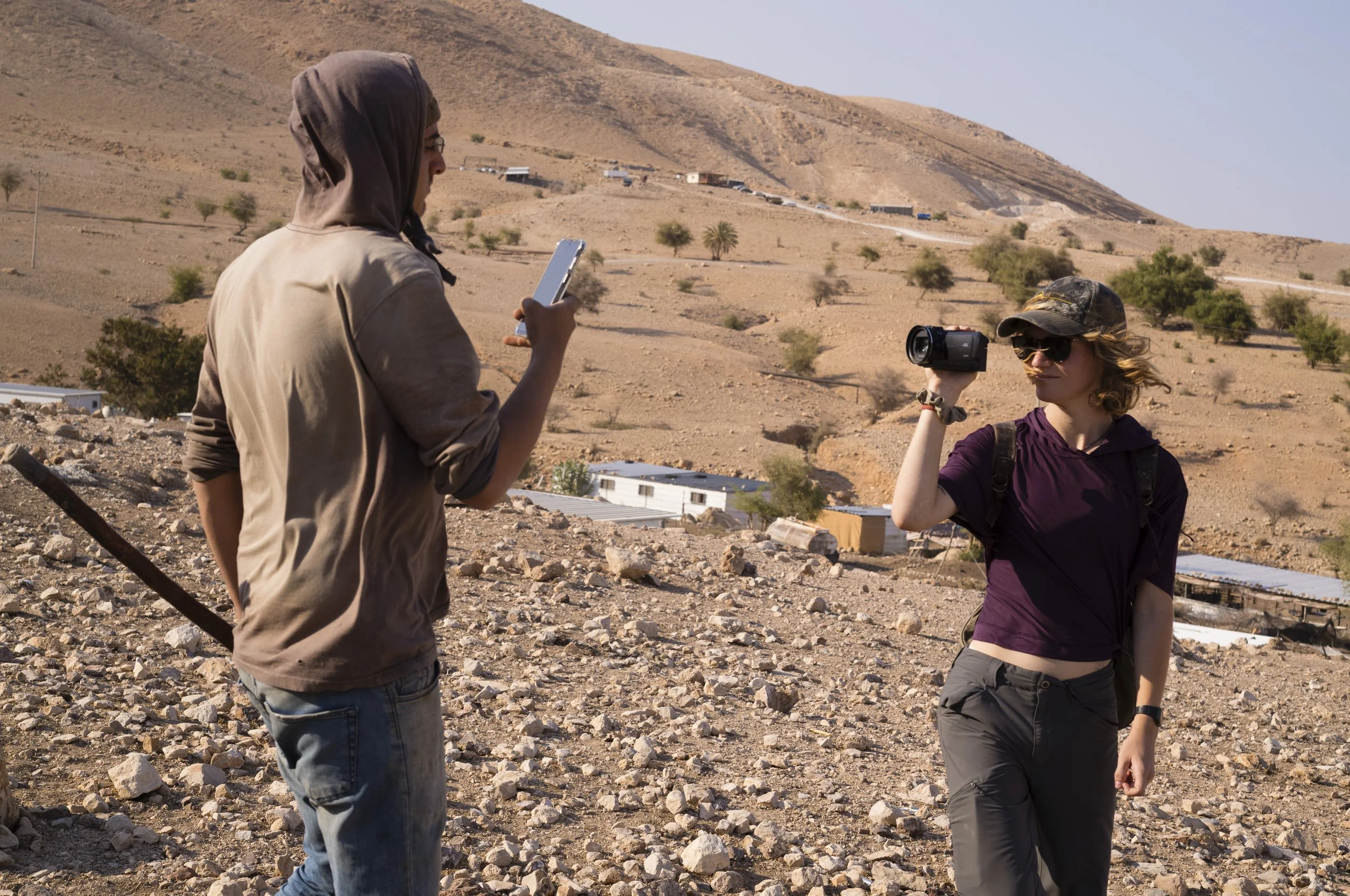UCP Defined
Unarmed Civilian Protection (UCP) involves well-trained, organized civilians providing direct protection to other civilians who are under threat of violent conflict as well as supporting local communities in self-protection. Always nonviolent and focusing on the primacy of local actors, their methods include violence de-escalation, protective accompaniment, proactive presence, interpositioning, early warning/early response and shuttle diplomacy.
Based on documented experience, UCP produces significant outcomes such as:
Using the power of presence
Reduced violence: A decrease in the frequency and severity of killings, injuries, and other violent incidents.
Enhanced civilian safety: Increased feelings of security among civilians, leading to the resumption of normal activities.
Documenting settler actions
Displacement prevention and return: Prevention of displacement and support for the return of displaced civilians to their homes.
Sustained ceasefires: Contribution to the maintenance of ceasefires and reductions in hostilities.
Safer access to livelihoods: Enabling farmers and shepherds to safely return to their land and resume their livelihoods.
Influencing positive change: UCP interventions and community network reports lead to tangible actions by authorities and community leaders to mitigate violence and protect civilians.


